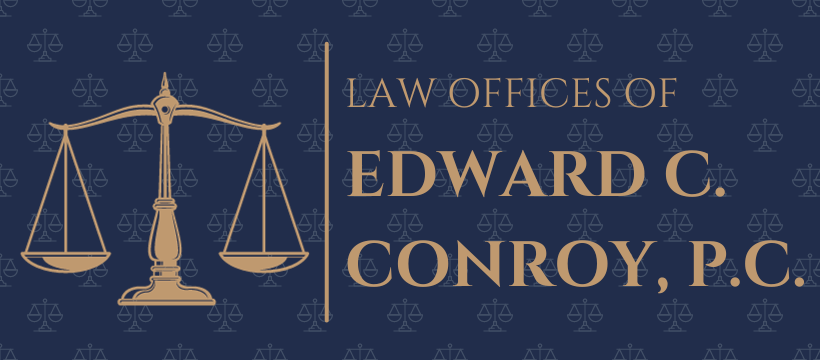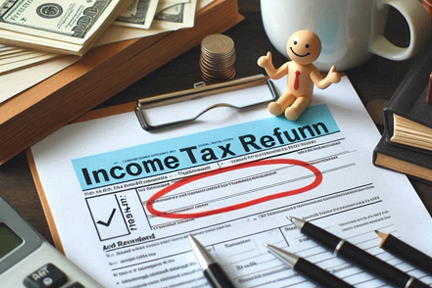Rental Income Tax Treatment
Q. We recently purchased a summer home, primarily for our own use, but we will probably rent it out now and again, just to pick up a little extra income. What tax deductions (if any) will we be able to claim?
A. To start, you’re going to have to be a lot more specific about your rental plans than “now and again,” because the tax rules that define vacation and investment properties are extremely precise. Landing in the wrong category could have unanticipated – and quite painful – financial consequences.
The rules say:
You can rent your home for 14 or fewer days without reporting the rental income that you receive.
You may not deduct any maintenance or repair expenses, but you are allowed to deduct your mortgage interest payments (as long as the combined mortgages on the primary and vacation properties don’t exceed $1 million). You can deduct your property tax payments as well.
If you rent the property for more than 14 days as wells as use the property yourself for more than 14 days (or more than 10 percent of the time for which it was rented), then you can claim some deductions for rental expenses. But those deductions generally can’t exceed the rental income that you earn.
If you rent your home at fair market value for 15 or more days annually, and your personal use doesn’t exceed 14 days or 10 percent of the total rental days (whichever is greater), your property qualifies as a rental and, depending on your income , you may be able to claim rental expense deductions that exceed the rent you collect.
Another set of significant tax concerns will arise when you decide to sell, so it’s a good idea to plan ahead if possible.
You cannot exclude the gain on the sale of a second home or an investment property, as you can on a primary residence. However, there are strategies that may help you to soften, or avoid, the tax blow on both classes of properties:
If you occupy the property as your primary residence for two years of the five immediately preceding the sale, it will qualify for the gain exclusion, which means you can exclude up to $500,000 of the gain (for a married couple filing jointly).
This would work for either the investment property or the second home.
You could take advantage of the rule allowing a tax-free exchange of a like-kind properties. This would work only for the investment property; a primary residence or vacation home would not be eligible for such an exchange.
If you know that converting the property to your primary residence before the sale will not be an option, you may want to consider treating the second home as an investment rather than a vacation property, for that reason. The purchase of real estate either as a second home or an investment property has financial planning as well as tax-strategy implications. You should talk to an accountant or a tax attorney, and to a financial planner, if necessary, to make sure that you maximize the financial benefits and minimize the tax consequences.

